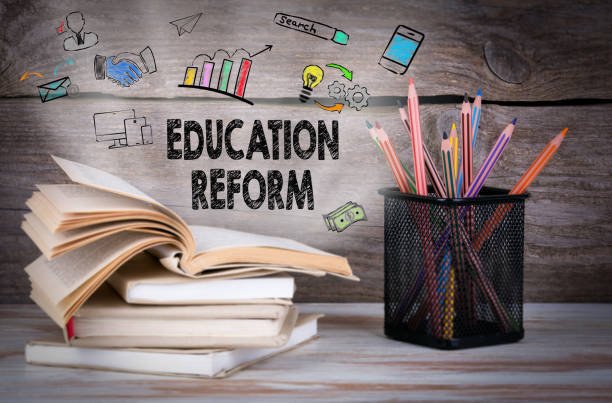By Muhammad Kaleem – AUTHORITY STRUCTURE IN PAKISTAN AND ITS IMPACTS ON GOVERNANCE AND DEVELOPMENT
ABSTRACT
Why has no civilian institution ever forcefully challenged the military or its role in governance? Ayesha Siddiqa in her book Military Inc.: Inside Pakistan’s Military Economy offers two explanations. First, there is a symbiotic relationship between military force and political power. The members of other elite groups in the country accommodate the military’s interests for mutual benefit. It is a case of collective over-plundering. Second, there is a mutual dependency between the military and other elite groups. The military regimes have been the source of power for most political leaders and certain important members of the corporate sector. The country’s history shows how a number of politicians like the Bhutto’s, Sharif’s, Chaudhries (of Gujrat) were produced and propelled into prominence (political as well as economic) by the military. This was the beginning of crystallization of the establishment at the centre being dominated by the military and supported the feudal politicians, civil bureaucrats, judges and business interests. This establishment was designed to be hostile to the people of Pakistan and their democratic aspirations. When the people of East Pakistan spoke with one Voice in the elections of 1970 and demanded real tower to be transferred to the political party having won the majority in the National Assembly, the establishment in West Pakistan did not do so. It deliberately allowed the country to break up because the establishment regarded the people of East Pakistan as democratic nuisance and a threat- to its monopoly of power. It chose to retain the western part of the .country, which they regarded as politically pliable and weak, tier its future adventures and dominance. The post 1971 history is of the gradual dominance of the military over the political power of the state reducing other elements in the establishment to a subordinate and subservient position. The military establishment has thus grown into a neo-colonial power succeeding the British colonial power. The military has emerged as the new colonizer and the colonial framework is back in place.
INTRODUCTION
To Most of the Asian countries experienced the European colonialism which changed the traditional structure of their society and culture. To undermine their resistance, the colonial powers appropriated not only their material resources, but expectations of people were high when these countries liberated themselves from the clutches of the colonialism and established their own independent states. But the hope of the people soon dashed when mostly the ruling classes of the newly independent countries not only retained the exploitative institutions of the colonial era but further distorted them to keep the absolute power. The result of this policy was that democracy ideologies deepened their roots resulting in ethnic, linguistic, and secretarial conflicts and political and economic instability. (Ali Mubarak, 92:1) There is a deadly combination of forces that sustains the praetorian role of the Pakistani forces and retards’ the process of democratization in the country. These forces have been
· An overdeveloped military bureaucratic oligarchy
· Pakistan peripheral capitalist mode of production
· Domination of elite classes in the political parties
Each of these forces thrives on the others. The political power is necessary to safeguards the economic interests this thing motivates elite classes to remain in power and play influential role in government. “we Americans have a society in which money is increasingly concentrated in the hands of a few people and in which that concentration of income and wealth threatens to make democracy in name only” Paul Krugman, American economist.
The British established two strong institution to run the country these were civil and military bureaucracy and also run the government through indirect way of governance and club with them the local landed elites. After the partition the system remained same. The norm of exploitation of state resource was maintained as done by imperial power and personal interests are always preferred on national interests by all the powerful groups of the country
Click here to Read/Download full Research
Read More: https://republicpolicy.com/the-challenges-of-administrative-reforms-in-pakistan/













